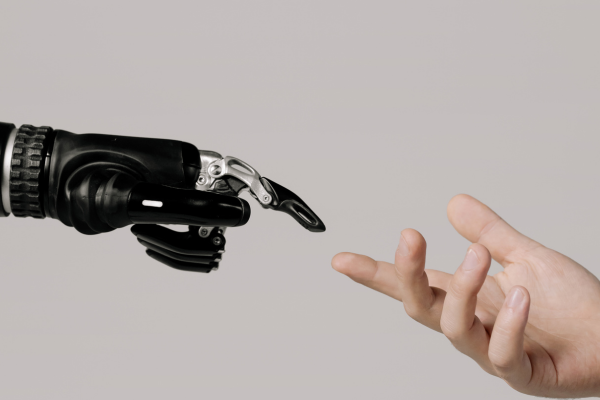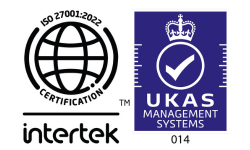With the cost of living crisis impacting employees and the economic issues facing organisations, such as labour strikes, talent shortages and supply chain issues, it can be hard to keep on top of everchanging HR changes and provide value to your staff.
However, implementing HR software (such as HR Escape) will help free up time you can spend on critical tasks, such as focusing on ways to implement your priorities for 2023.
Below are a few examples of HR trends and priorities your HR team should prioritise this year:
Financial wellbeing support
Research shows that with the cost of living crisis, pay is the biggest concern for employees as 80% of employees say their pay isn‘t keeping up with inflation.
With companies facing demands for pay increases more than ever, initial priorities will be undertaking salary reviews and pay equity to help prevent loss of staff. However, this may move toward finding ways to offer financial wellbeing support and instilling a positive company culture, as companies may not be able to meet pay rise demands.
Ensuring your employees feel valued by offering pay rises, free financial advice and rewards schemes where possible will help instil a positive company culture and retain employees.
Visit our website to learn more about improving employee retention through staff benefits.
Leadership and management training
In terms of leadership and management roles, people are now looking for more human centred leadership, creating a more empathetic team dynamic.
Managers and leaders can no longer afford to focus solely on targets and business success as this prevents them from dealing with issues faced by team members. Not focussing on issues faced by employees can have a huge negative impact on wellbeing, productivity and staff retention. 60% of HR leaders say this is a top priority for them in 2023.
Talent attraction and recruitment
Nearly half of businesses (46%) say that their top priority for 2023 is recruitment. This reflects the 36% of HR leaders saying their strategies for recruiting new talent aren’t effective enough, as teams have significant skills gaps.
A top priority for a lot of businesses in 2023 will be to align talent and skills to business goals and outcomes, helping to improve company productivity and engagement, as well as role clarity for team members.
Career development and internal progression
Another key focus for 2023 will be encouraging career development and internal development to help support employees, increase productivity and close skills gaps.
Currently 3 in 4 employees are looking for new jobs in external companies due to their current employers not having clear plans for career progression.
Companies need to focus on providing opportunities and gaps in work schedules for career development, as many employees don’t have the time capacity to undertake training opportunities.
This will help close skills gaps, while creating a positive company culture as employees feel as though they are well equipped to undertake their role.
Plan for the future workforce
Companies should be focusing on how they can attract and support the future workforce and help them settle into the workforce easily. This is especially important as 43% of 18-24 year olds say that education didn’t prepare them with the skills required for working life.
When creating a plan for the future workforce, companies should consider:
- How can they attract new talent?
- What reskilling and upskilling opportunities can they offer?
- How can they be more adaptable to support new employees?
- How can they create a culture that supports future talent and skills?
Flexible working
Another priority for companies this year is predicted to be flexible working. This will help improve productivity as it will allow employees to better manage their time, offering flexible hours and working locations to help them choose what suits their needs best.
Digital transformation and employee experience
Employees are now looking for a digital transformation within the workplace, helping to make tasks quicker and easier, freeing up time to undertake critical tasks.
Staff members, especially those that are part of Gen Z are looking for a better work life balance, as well as combining face-to-face, personalised and digitised processes.
This highlights the importance of integration within work tasks, such as using AI (artificial intelligence), machine learning and automation to help make payroll and HR tasks quicker and easier for staff.
Visit our website to learn more about why Gen Z are demanding a workplace digital transformation.
Here at PayEscape we can help you implement HR Management Software to make it easier for you to prioritise the things that really matter to your staff and company. Visit our website today to book a demo.














